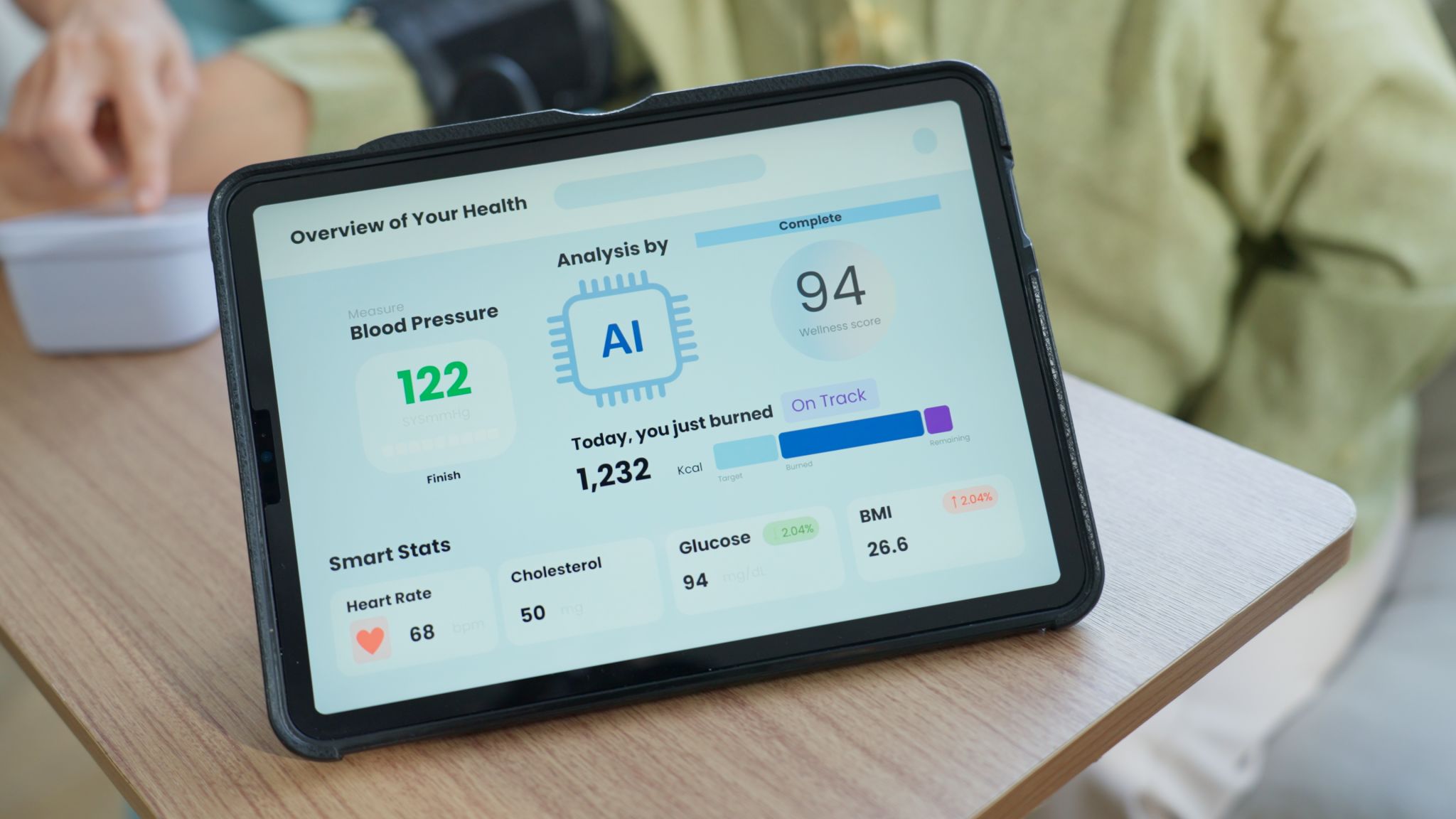Transforming Healthcare: How AI is Revolutionizing Patient Care
The Rise of Artificial Intelligence in Healthcare
In recent years, artificial intelligence (AI) has made significant strides in transforming various industries, and healthcare is no exception. The integration of AI into patient care is revolutionizing the way medical professionals diagnose, treat, and manage diseases. From predictive analytics to personalized medicine, AI is becoming an indispensable tool in the healthcare ecosystem.
AI's ability to process vast amounts of data quickly and accurately allows it to detect patterns and insights that would be impossible for humans to achieve in a similar timeframe. This capability is particularly useful in diagnosing complex conditions and predicting patient outcomes with greater precision.

Enhancing Diagnostic Accuracy
AI-Powered Diagnostic Tools
Artificial intelligence is enhancing diagnostic accuracy by providing medical professionals with advanced tools that assist in interpreting medical images such as X-rays, MRIs, and CT scans. These AI-powered tools can identify anomalies and suggest potential diagnoses, often with higher accuracy than traditional methods. This not only speeds up the diagnostic process but also reduces the likelihood of human error.
Moreover, AI algorithms are continuously learning and improving from new data, which means their diagnostic capabilities are constantly evolving. This ensures that patients receive the most accurate and up-to-date information regarding their health conditions.

Personalized Medicine and Treatment Plans
Tailoring Treatment to Individual Needs
One of the most promising applications of AI in healthcare is personalized medicine. By analyzing a patient's genetic information, lifestyle, and environmental factors, AI can help create customized treatment plans that are tailored to individual needs. This approach not only improves treatment efficacy but also minimizes adverse effects.
For instance, AI can predict how a patient might respond to a specific medication based on their genetic makeup, allowing doctors to select the most effective drug with the least side effects. This level of personalization marks a significant shift from the traditional one-size-fits-all approach to healthcare.

Predictive Analytics for Proactive Care
Preventing Diseases Before They Occur
AI's predictive analytics capabilities are being utilized to identify patients at risk of developing certain conditions, allowing for preventive measures to be taken before symptoms arise. By analyzing historical data and spotting trends, AI can forecast potential health issues, enabling healthcare providers to implement early interventions.
This proactive approach not only improves patient outcomes but also reduces healthcare costs by preventing the progression of diseases and avoiding unnecessary treatments. As a result, patients can enjoy healthier lives with fewer medical complications.

The Future of AI in Patient Care
The potential for AI in revolutionizing patient care is vast, with ongoing research and development promising even greater advancements. As AI technology continues to evolve, it will undoubtedly play a crucial role in shaping the future of healthcare, improving patient experiences, and enhancing the overall efficiency of medical services.
While challenges such as data privacy and ethical considerations remain, the benefits of integrating AI into healthcare are undeniable. By embracing these technological innovations, the medical community can work towards a future where high-quality, personalized care is accessible to all.
As we move forward, the collaboration between AI developers, healthcare providers, and policymakers will be essential in ensuring that AI in healthcare reaches its full potential while safeguarding patient welfare.
